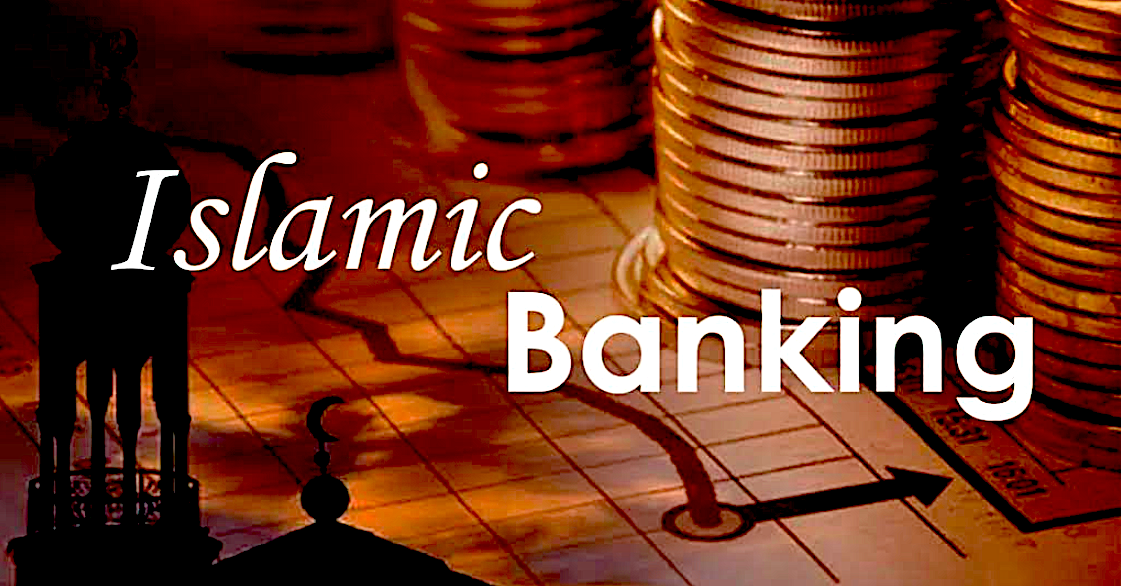The Russian State Duma, or lower House of Parliament, adopted in the third and final reading a bill on an experimental legal regime for Islamic financing on the territory of individual Russian regions. The document was initiated by a group of deputies and senators led by the Chairman of the State Duma Committee on the Financial Market, Anatoly Aksakov. This Islamic banking experiment will occur in Russia’s Republics of Bashkortostan, Tatarstan, Chechnya, and Dagestan. The territory of the experiment may later be expanded by the government in agreement with the Bank of Russia. The two-year period of the experiment is set to commence on September 1, 2023, and last, until September 1, 2025, which may be extended by the government in agreement with the Bank of Russia.
In August 2022, the Central Bank of Russia said it would launch a pilot project on Islamic banking in Chechnya and Dagestan. In September 2022, the State Duma approved the first reading of the draft law on the pilot implementation of Islamic banking in Chechnya, Dagestan, Tatarstan, and Bashkortostan.
Islam is the nation’s second-most widely professed religion in the Russian Federation. According to official data and a nationwide survey, the number of Muslims in Russia is about 20 million. In the capital, Moscow, there are four mosques, while in the entire country, the number of mosques is around 8 thousand. Recently, Russian President Vladimir Putin stated that Russia is a Muslim country that sits as an Observer State in the Organization of Islamic Cooperation (OIC), and traditional Islam is an essential part of the country’s spiritual life.
There are over 1500 Islamic financial institutions worldwide, spread across 80 countries. Between 2012 and 2019, Islamic financial assets grew from $1.7 trillion to $2.8 trillion and are projected to grow to nearly $3.7 trillion by 2024, according to a 2020 report by the Islamic Corporation for the Development of the Private Sector (ICD) and Refinity. This encouraging growth is mainly due to the rising economies of Muslim countries, especially those that have benefited from oil price increases in the past one and a half years in the aftermath of the Russia-Ukraine war. The Arab Gulf economies are flush with funds. The Sultanate of Oman repaid a $1.5 billion loan two days ago. The Omani economy is marching ahead on rising prices of petroleum products.
The Kremlin might seriously support Islamic banking in the entire country as a geopolitical means. Thanks to Islamic banking, Russia might attract the interest of Muslim countries and investors, especially the Gulf Arab countries. Among the Gulf Arab countries, the United Arab Emirates (UAE) has shown a great interest in expanding trade and relations with the Russian Federation, particularly in the North Caucasus. Some time ago, Russian President Vladimir Putin discussed with UAE President Mohammed Al Nahyan the situation related to the Ukraine conflict and what the Kremlin considers the West’s attempts to impose a ceiling on oil prices from Russia. It was in this context that, in September 2022, the UAE Embassy in Russia organized an event in Makhachkala to promote the national culture and create a link with Dagestan.
In the North Caucasus, Chechnya President Ramzan Kadirov Quadri has played a vital role in promoting Russia’s relations with the Arab-Muslim world for many years now. Therefore, implementing the emerging Islamic banking project in the country might confirm Grozny’s role as a strategic connection between Russia and the Middle East. UAE investments were reportedly used to build the Grozny Mall and the tallest building in Russia and Europe, the MFC Akhmat Tower, managed by Emirati hotel operator Address Hotels + Resorts.
Shortly after Russia invaded Ukraine, news reports began to emerge of Russia’s wealthiest oligarchs, including, among others, Sergey Chemezov, Yuri Trutnev, Boris and Arkady Rotenberg, and Roman Abramovich, fleeing Russia on private jets and heading for Dubai, where their private jets remain safe from seizure. In addition, as noted by some knowledgeable sources, “at least 38 businessmen or officials linked to Putin own dozens of properties in Dubai collectively valued at more than $314 million.” The large footprint of Russian oligarchs in the UAE almost certainly influenced Abu Dhabi’s decision to abstain from a U.S.-backed resolution denouncing the invasion. Emirati officials have all along reassured their Russian counterparts that authorities in the UAE will not enforce sanctions unless mandated by the United Nations. So, there is investment flow both ways: into the UAE and into the Russian Republic.
In the last few years, Dagestan has emerged as a logistical and industrial hub in the Caspian Sea basin thanks to the Kremlin’s financial support to expand local infrastructures such as the Makhachkala Sea Trade Port. In Chechnya and Dagestan, Islamic banking might attract investments from abroad and increase the local standard of living conditions; Tatarstan and Bashkortostan confirm how strategic these two republics are in the Kremlin’s foreign policy in the Arab-Muslim world. President Putin is trying very hard to regain Arab trust after his unjust support for the brutal dictator Bashar al-Assad of Syria with uncalled-for military interventions and the killing of Syrian civilians in indiscriminate bombings.
If Russia takes to Islamic banking in a big way after the pilot project ends in 2025, the world economy will bring a new course. The world economy is set to transform as Russia adopts Islamic banking!






















